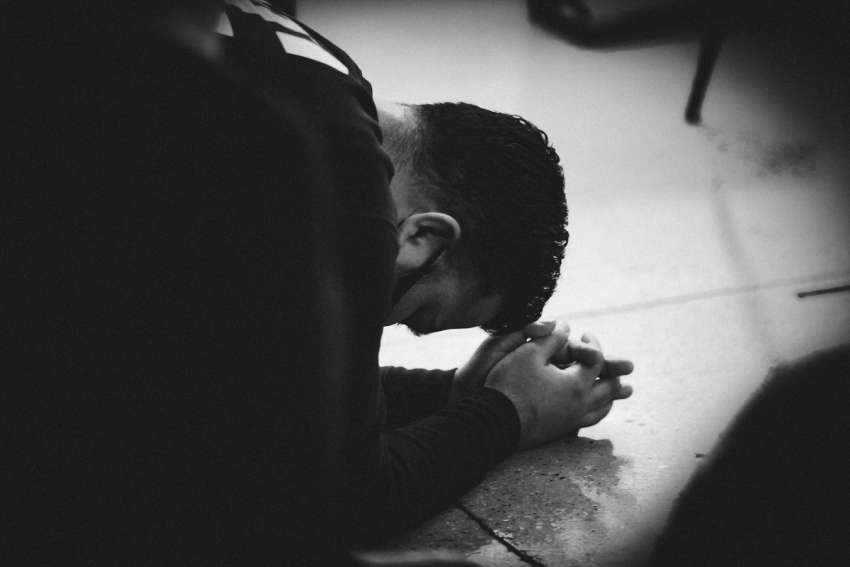There are many in our own time who have lost loved ones, homes, livelihoods and health and they yearn for some sort of reason or explanation. No words can take away the pain, and Job’s “friends” surround him with the glib and superficial answers that we hear all the time. The answer is — plain and simple — there is no answer. There is not necessarily a reason or grand plan behind every occurrence. We live in a chaotic and dangerous world, rendered even more so by negative and witless human behaviour. Stuff happens, and not always for a clear reason.
What is the solution? Sometimes there are concrete solutions, but often there are none. For our purposes, the most helpful response is human solidarity. When individuals reach out to one another, offering compassion, support and encouragement, the heavier part of the burden lifts. There is nothing as annihilating as feeling utterly alone in one’s suffering. Joined with human solidarity is the response of faith. Job displayed remarkable faith — most of the time — even when others counselled him to give up. Job knew that his redeemer lived and that he would see the face of God before departing the Earth. He also had the inner integrity and awareness to know that he had not sinned and that he was not being punished for anything.
Suffering has existed ever since humans first set foot on this planet and will last until the cosmic curtain comes down. It will always be part of us; it is part of the human condition. Some things we can control and change, but many others defy us. We can, however, choose how we respond to the human situation and to suffering, either ours or that of others. In fact, this is probably the only thing we can confidently claim to have some control over.
Paul had been captured by a force greater than himself: the Gospel. It had taken hold of him in such a way that he no longer felt that his life was his own. He simply had to proclaim the Gospel — he found himself incapable of doing otherwise. And it cost him dearly. Elsewhere in his letters, he related in detail the trials and hardships he had to endure. He suffered rejection and physical assault, ridicule and physical danger. Paul was certain that it was worth the cost. In his ministry he became all things to all people, especially weak to the weak. He met people where they were and related to them on a human level — something we are struggling to do in our own time. His sole purpose was to reach people and bring them into a relationship with God. That should be our concern too.
When Jesus entered the house of Peter, He probably had no idea what was in store for Him. His simple act of compassion and kindness — healing Peter’s mother-in-law — brought the whole town to the house. The people suffered from every sort of affliction, and probably felt the same despair as Job did. Jesus worked far into the night, healing, comforting and encouraging. There came a point where Jesus had to get away and be alone. Before dawn, He went off by Himself to meditate and pray as He sorted things out.
This experience had brought Him face to face with immense human suffering. What should He do? The choice was not between good and evil, but good and better. When Peter finally found Him, it was obvious that he wanted Jesus to repeat what He had done the day before. But it was not to be. Even though He was the Son of God, Jesus could not do everything while He walked the earth. He was bound by the limitations of time, space and humanity. Jesus had to do whatever would result in the greatest good for the most people. And that was to keep moving, proclaiming the message that God had entrusted to Him.
As for us, we need to keep doing the good work that the Lord has given us — spreading the message of hope.


